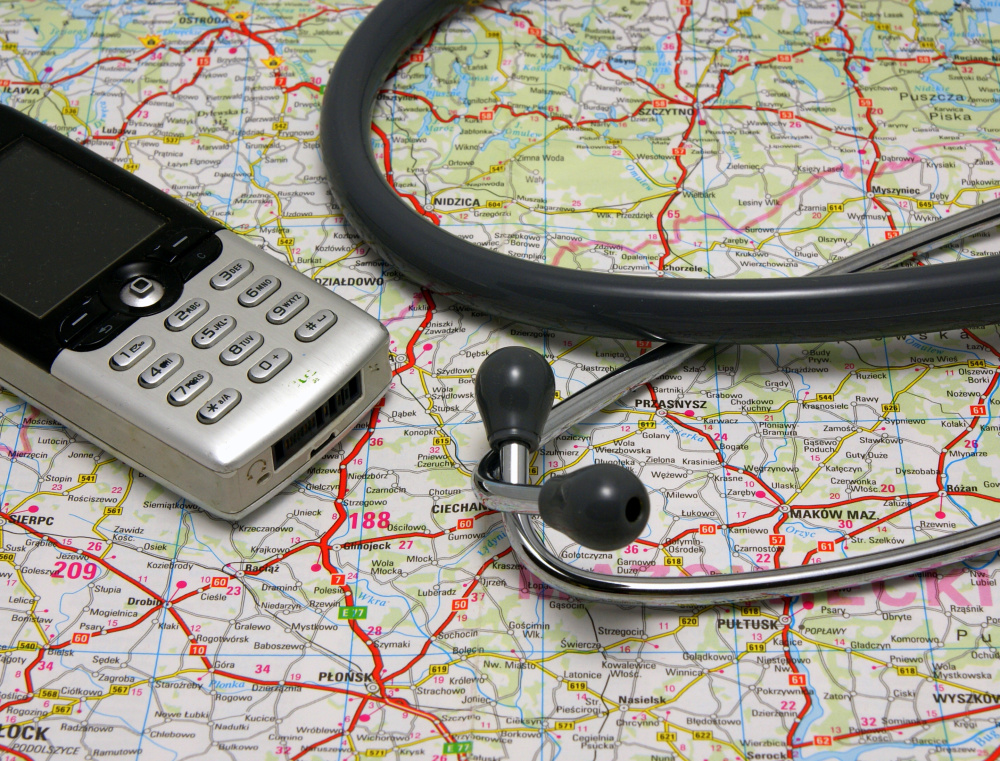Maine Family Planning recently announced a decision that will put Maine ahead of the curve in terms of women’s health care. The nonprofit is allowing women to access medication to end early pregnancies without requiring an in-office consultation with a doctor, making Maine just the third state in the U.S. where telemedicine is being used to expand abortion access.
Maine women stand to gain from the greater availablity of a safer, more affordable form of abortion, and Maine Family Planning should be praised for taking this step forward on its patients’ behalf.
Until recently, a Maine woman seeking a low-cost medication abortion had to go to one of the state’s three independent nonprofit abortion providers: Planned Parenthood in Portland, Mabel Wadsworth Health Center in Bangor and Maine Family Planning’s Augusta headquarters. Now she has another option: one of Maine Family Planning’s 16 regional clinics.
There, she would meet with staff, including a nurse practitioner, and get counseling, lab work and an ultrasound. Then she’d be connected to a doctor, who would talk with her via webcam, review her chart and decide whether a medication abortion is the right choice. If it is, the patient would take the first round of medication in the office, with the doctor watching; the second is taken at home a few days later. A couple of weeks later, she’d have a follow-up visit at the clinic.
Compared to other states, Maine has a relatively high proportion of rural residents. And poverty rates tend to be higher – and incomes lower – in rural areas. So it’s not hard to imagine how expanded abortion access via telemedicine will benefit low-income Maine women. They won’t have to travel long distances, take time off from work or get child care – or even a motel room – simply to receive health care.
There are also health benefits. Medication abortions are performed within 10 weeks of the woman’s last period, and earlier abortions are both less complicated and less costly than later procedures.
The head of the Christian Civic League told The Associated Press that there are safety concerns associated with skipping face-to-face physician consultations on medication abortion. But it’s not as if telemedicine takes medical professionals out of the picture altogether.
In fact, technology makes caregivers more accessible, not less – which can improve health outcomes, according to a 2011 study that found that telemedicine reduced the life expectancy gaps between Native Americans and whites from eight years to five.
In a time when baselessly strict laws are keeping women in much of the U.S. from exercising their right to choose, Maine is moving in the other direction – and it’s the right path not just for Maine women, but for everyone who believes in lifting all barriers to receiving basic care.
Send questions/comments to the editors.



Success. Please wait for the page to reload. If the page does not reload within 5 seconds, please refresh the page.
Enter your email and password to access comments.
Hi, to comment on stories you must . This profile is in addition to your subscription and website login.
Already have a commenting profile? .
Invalid username/password.
Please check your email to confirm and complete your registration.
Only subscribers are eligible to post comments. Please subscribe or login first for digital access. Here’s why.
Use the form below to reset your password. When you've submitted your account email, we will send an email with a reset code.